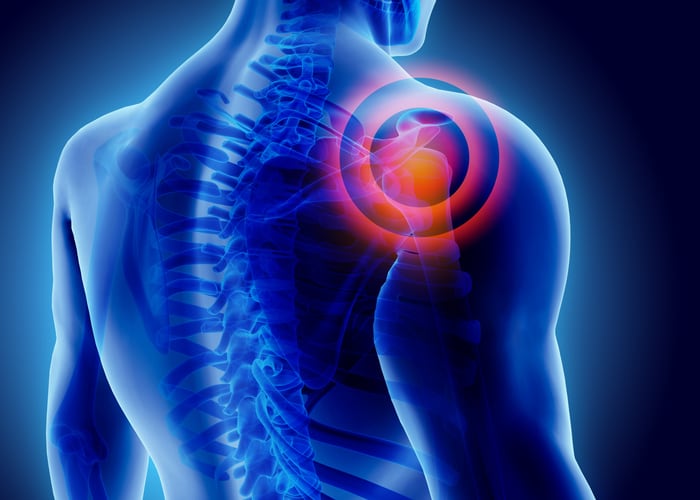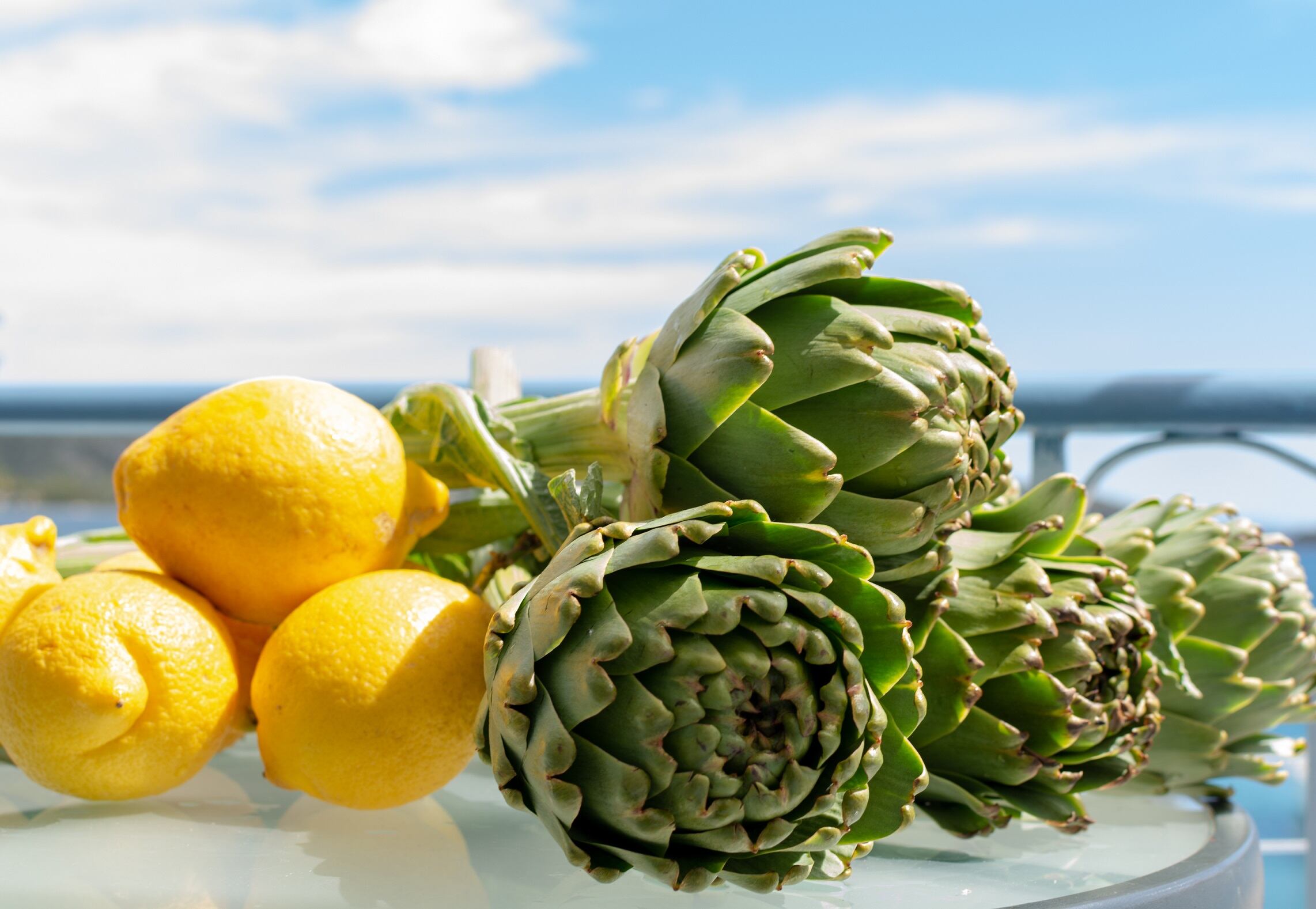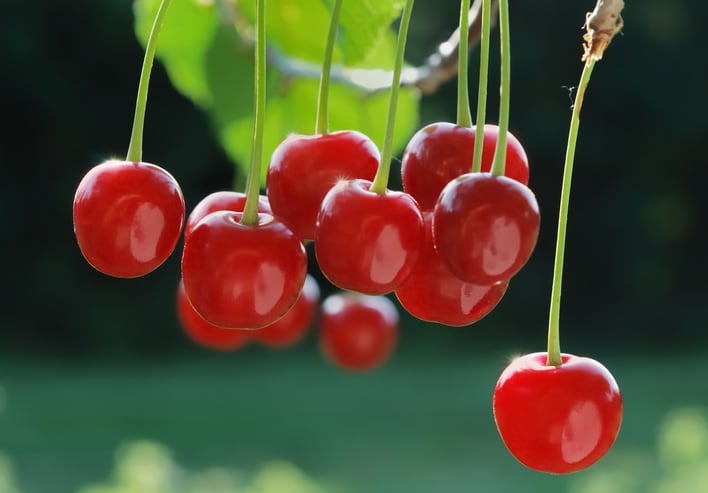The study was published recently in the Journal of the International Society of Sports Nutrition. It was conducted by a team of academics associated with a university in Germany and several schools and institutes in Tunisia.
The goal of the study was to assess how the polyphenols in beverage prepared with freshly squeezed pomegranate juice compared to a placebo in the release of homocysteine and steroidal hormones following intense cyclic weight bearing exercise. The subjects were nine elite male weightlifters, all about 21 years of age, who were training for Olympic style weight lifting competitions.
Olympic weightlifting events are a whole body exercise consisting of the snatch and the clean and jerk. In the former a barbell is lifted overhead in one movement while the latter consists of a lift in two segments, first the chest, and then overhead. Successful Olympic lifters need not only to be strong but fast, too, so that after the initial hoist of the bar off the floor they can reposition their bodies under it before it starts to descend from gravity.
A number of studies on pomegranate preparations and their effect on recovery in sports applications have been done, the authors noted. But to their knowledge this is the first study that looks at the effect of this botanical on homocysteine levels and hormonal responses for the steroidal hormones testosterone and cortisol during intensive strength exercise.
The test material was prepared specifically for the study, and consisted of juice whole pomegranates that including a significant portion of the peel. The resulting beverage included more than 2.5 grams of total polyphenols, the authors said. A pomegranate-flavored placebo beverage was prepared as well. Each provided about 250 calories.
In the test, the weightlifters completed training sessions that last almost two hours. They did a number of sets of the two Olympic lifts along with a squat exercise at 85% of their maximal lift capacity and also at 90%.
Results slightly murky
The participants consumed 250 ml of the test and placebo beverages three times daily before each experimental training session and a 500 ml serving one hour before starting the test. Blood samples were drawn at 3 minutes and 48 hours after completing each arm of the test.
The researchers found that while the pomegranate juice did not boost testosterone. IN fact, testosterone levels fell among the pomegranate group compared to placebo. But it did positively affect the testosterone/cortisol ratio by cutting the production of cortisol. A lower T/C ratio prior to competition has been associated with improved performance. But they did not find a response associated with homocysteine, which is a broad marker of inflammation.
This result, combined with other previous research, seems to muddy the waters when it comes to deciding if antioxidant supplementation prior to strength training is a good thing.
“The conflicting findings of previous research coupled with the different explanation and interpretation of decreasing post exercise plasma [T] using POMj compared to PLA render the usefulness of antioxidant supplementation during strength training as questionable at this stage,” the authors wrote.
“In conclusion, supplementation with POMj has the potential to attenuate the acute plasma [T] response, but did not affect 48 h recovery kinetics of [Hcy] following weightlifting exercise. Further studies investigating androgen levels in both plasma and muscular tissue are needed to resolve the functional consequences of the observed acute POMj effect on plasma [T],” they concluded.
The authors noted no conflicts of interest. The study specific the research was not supported by any external funding.
Source: Journal of the International Society of Sports Nutrition
17, Article number: 15 (2020)
Effects of natural polyphenol-rich pomegranate juice on the acute and delayed response of Homocysteine and steroidal hormones following weightlifting exercises: a double-blind, placebo-controlled trial
Authors: Ammar A, et al.




